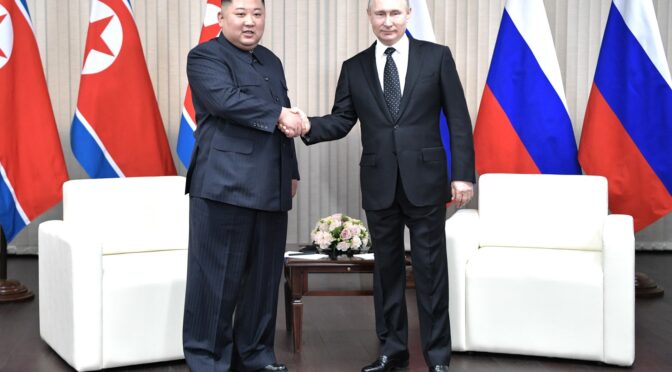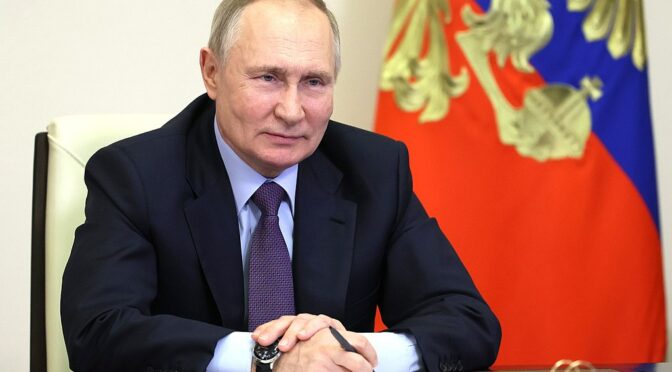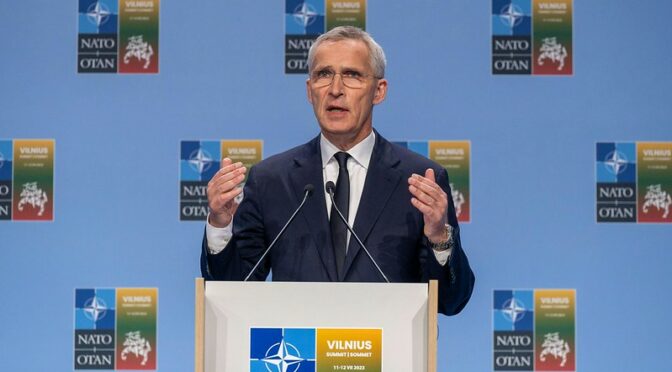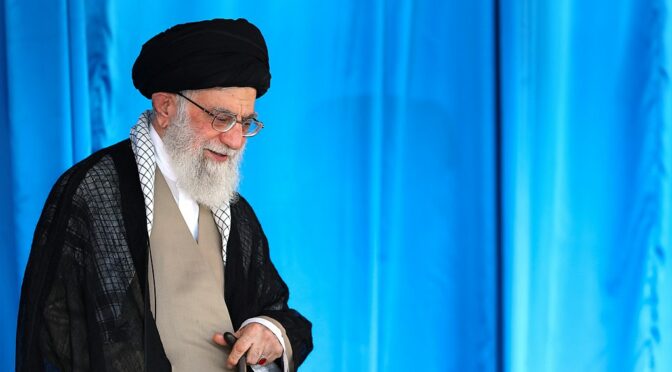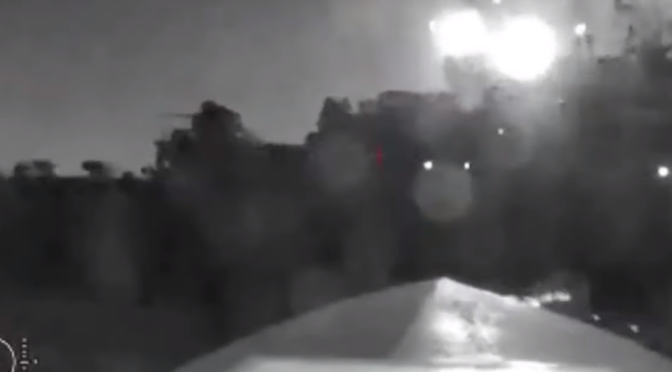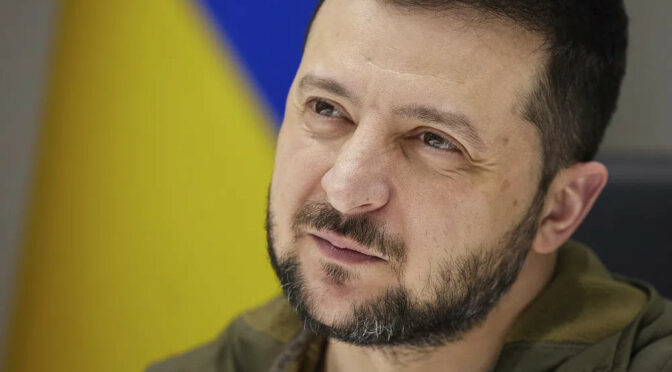Article published in The Daily Telegraph, 5 September 2023. © Richard Kemp
North Korean leader Kim Jong-un’s planned meeting with Vladimir Putin in Vladivostok, as revealed by US intelligence, gives us a new insight into Russia’s strategy in Ukraine as well as a warning of wider dangers for the world.
As Kyiv’s offensive wears on into its fourth month, with only limited success and a few Russian counter attacks, it is becoming clear that Moscow’s plan may be to allow Ukraine to exhaust its men, tanks, shells and missiles against the Surovikin Line’s hardest edge. The thinking could be that, once Ukraine’s Western equipped and trained manoeuvre forces have been ground down, Russia will then be able to launch its own major offensive, perhaps as early as January.
After almost two years of fighting that has been compared more to the First World War than the Second, this plan is reminiscent of the Germans’ Kaiserschlacht, the spring offensive which began in March 1918 and drove the allies back, seizing more territory than had been taken by either side in the preceding four years of war. This was achieved by the Germans bleeding the enemy dry while building massive reserves of men and munitions behind the lines, ready to unleash a devastating assault not unlike what the British aimed for, but failed to achieve, during the Battle of the Somme in 1916.
The problem for Putin is that, as he seeks to grind down Ukrainian forces, he is expending vast quantities of ammunition, especially artillery shells and ballistic missiles, and very large numbers of tanks. While Russia has a greater volume of military industrial production than much of the West, and continues to mobilise tens of thousands of men each quarter on a rolling basis, its core supplies remain inadequate for the level of expenditure required for a major new offensive.
That is where Pyongyang could come in. North Korea has been sending large quantities of shells, rockets and missiles to Russia for Continue reading

